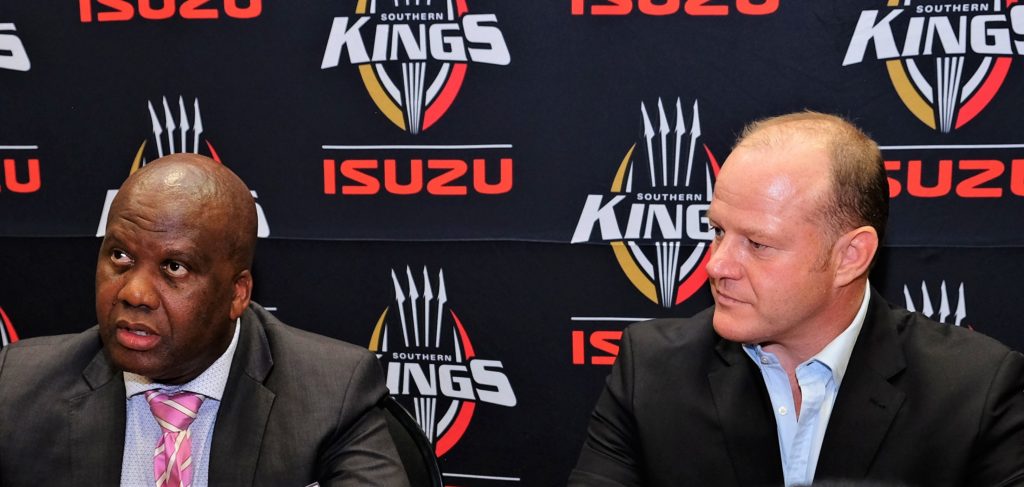The Kings’ withdrawal from competition and disintegration into liquidation could be the sad final chapter in the franchise’s demise, writes CRAIG LEWIS.
READ: What’s in our latest issue
For those who care deeply about the local game, the announcement at the end of August that the board of the Kings had voluntarily withdrawn the team from participation in any domestic rugby competitions in 2020 would have felt like a sucker punch.
The news came just a couple of days after renewed reports had suggested SA Rugby may be forced to reduce its number of franchises, and all indications are that the Kings can no longer be kept afloat.
Then came this past Saturday’s confirmation that the Southern Kings company had gone into voluntary liquidation in the face of an accumulated deficit of R55m, and with zero income in prospect for the remainder of 2020.
‘The hard fact is that the Kings are insolvent, with significant debts and zero assets and it would have been reckless of the board to continue to trade,’ said Andre Rademan, chairman of the board.
‘Its continuation would have required loans from the EPRU and loans additional to the R45m that the company already owes to SA Rugby.’
The move was made after the disintegration of the former majority shareholder (the ironically named Greatest Rugby Company in the Whole Wide World) and put an end to ongoing delusions of grandeur at the union.
Just over a year ago, I spoke to consortium member Rory Stear after the reported R45-million buyout deal was concluded to see the Kings effectively become South Africa’s first privately-owned franchise. As it turned out, the GRC would fail to fulfil that multimillion-rand deal, ultimately forcing SA Rugby to take over administration in June – and for a second time in five years.
Back when the private investors looked to be the Kings’ saviours, though, there was belief the franchise could be successfully run as a business and finally retain players and coaches in a sustainable system that bred success.
‘We need to not just speak about ambition, but also be able to showcase it so that we can attract sponsors, investment and interest,’ said Stear when things still looked rosy some 18 months ago. ‘It won’t be a quick-fix, but we have a multi-year vision to be successful and eventually to be able to win the Pro14 in a realistic time frame.’
What a flop that turned out to be.
As it is, there has been a concern in South African rugby for some time over the disconnect between the amateur and professional arms.
Many believe it is a broken structure plagued by distrust and political agendas. With as many as 14 professional unions – each wielding equal voting power – revenue has also had to be widely dispersed, while there has been almost unanimous agreement that the pool of professional players was too large.
The question that’s increasingly prevalent is whether 100% privatisation is the solution to wresting back control to prevent the (amateur) tail from continuing to wag the (professional) dog.
The failure of the Kings’ private investors has served as a cautionary tale to some extent, while WP Rugby are the latest to receive and consider an attractive offer from a prospective US-based investor who wants to acquire a controlling stake.
It’s clear more due diligence is required, and the manner in which the Kings have been left in ruin has served as a case study of just how big talk of running a local rugby franchise ‘like a business’ can be met with treacherous misadventures – particularly in the current cash-strapped global Covid-19 climate.
From the horror show under former Eastern Province Rugby Union (EPRU) president Cheeky Watson, to the latest failed GRC turnaround plan at the Kings, professional rugby in the Eastern Cape looks to have used up any final lifeline.
And for a region renowned as a hotbed for so much raw talent, the demise of the Kings is a South African rugby tragedy.





